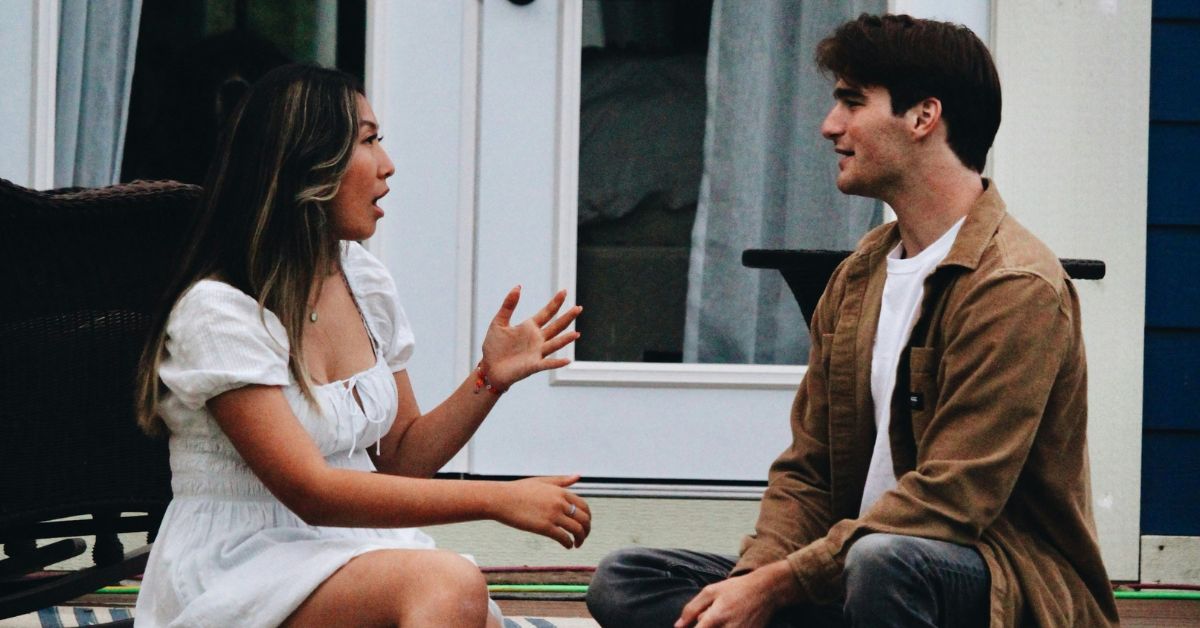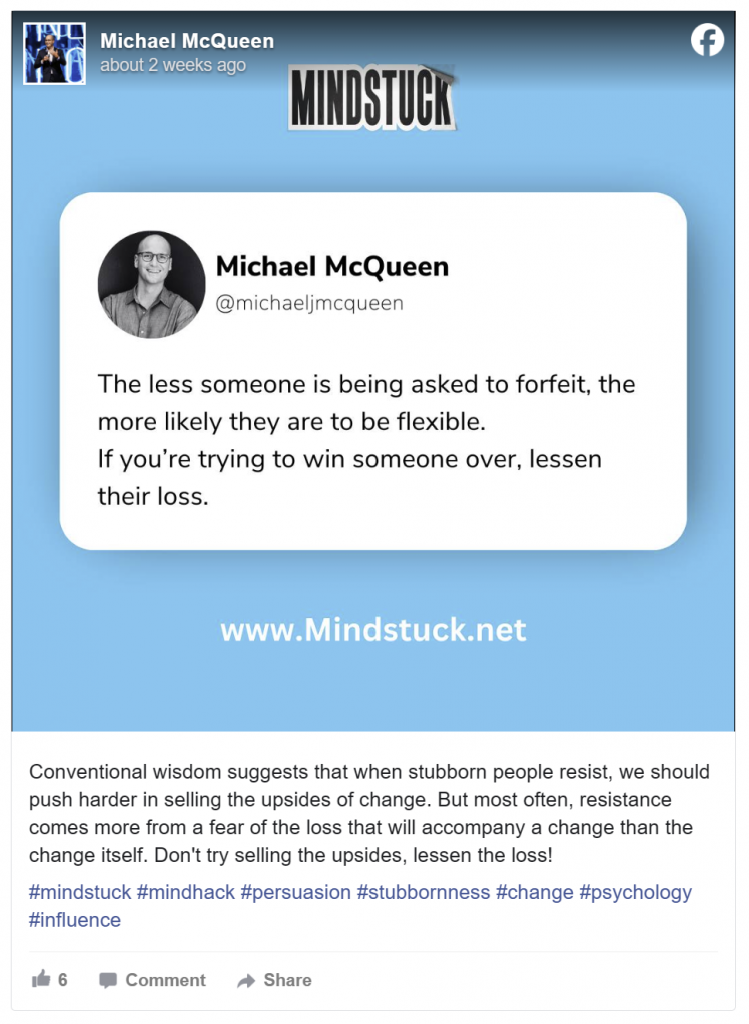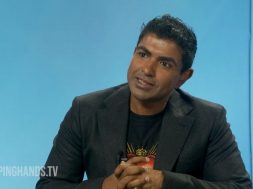
By: Laura Bennett
Despite the amount of information and varied opinions we have access to these days, it’s very easy for us to become stuck in our ways with stubbornly fixed worldviews that reflect the boundaries of our social circles and online media feeds.
So how do you change someone’s mind in an age of stubbornness?
Social researcher and trends forecaster Michael McQueen suggests it’s about addressing our attitudes toward change.
“One of the most significant assumptions we’ve had [about persuasion], is that humans are essentially reasonable,” Michael said in our interview.
“That if you give someone good evidence, good logic and an argument as to why they should change, [they’ll] see the light and they’ll come to their senses and change their mind. It’d be nice if things worked that way, but they just don’t.”
The reason why it’s hard to change someone’s opinion, is that we associate change with loss.
The reason is, as his new book Mindstuck: Mastering the Art of Changing Minds points out, we associate change with loss.
“When someone has a really fixed or rigid idea about themselves or the way things should be done, the more evidence you give, the more logic you pile on, the more stubborn they become [because] we’re inherently afraid of change,” Michael said.
“There’s a perception – which might not be reality – that they might lose something as a result of this change. Be it a loss of certainty, a loss of power or a loss of dignity.”
We need to enable people to “feel in control of the process of change” which can be about presenting options and letting them choose, as opposed to enforcing change without dialogue.
Michael thinks adaptability also comes from the voices we listen to, and the diversity of their perspectives.
Adaptability comes from the voices we listen to, and the diversity of their perspectives.
“We have this natural comfort when we’re with those who agree with us, yet that’s the very stuff that causes us to stop learning and growing and seeing things differently,” Michael said.
He recommends “keeping your friendships broad and ideally engaging with people one on one”.
“Bigotry and hatred rarely stands the test of intimacy,” Michael said.
“When you really get to know someone – not just on social media and from what you see them post – it’s amazing how once they become a three-dimensional human being you can understand, relate to and love that person a whole lot better.”

Article supplied with thanks to Hope Media.
Feature image: Photo by Sophia Richards on Unsplash
About the Author: Laura Bennett is a media professional, broadcaster and writer from Sydney, Australia.









